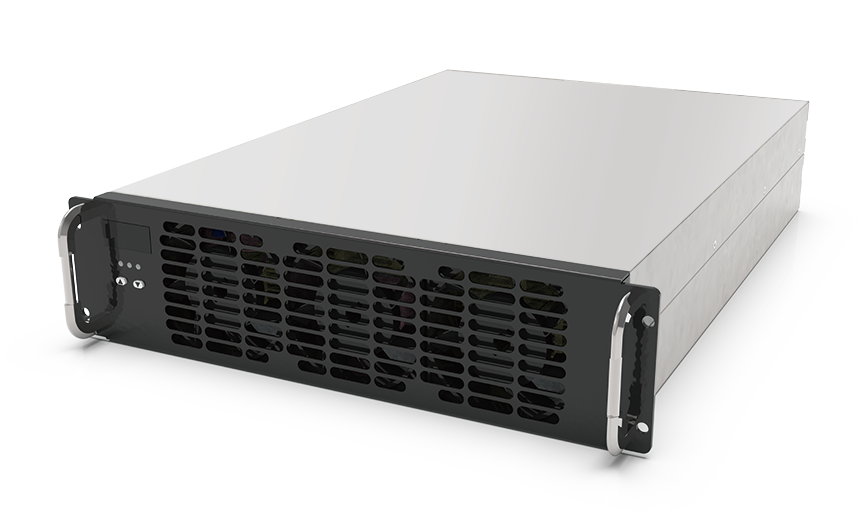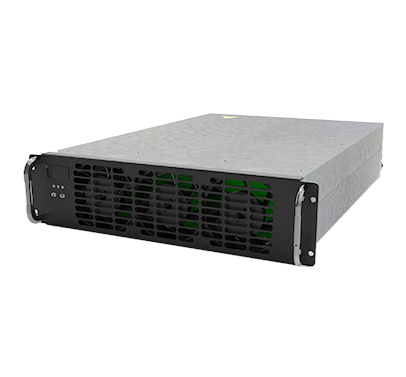Did you know that the global electric vehicle charging market is expected to reach a staggering $100 billion by 2025? With such explosive growth, it’s no wonder that ACDC charging modules are becoming increasingly popular. But what about their legal and regulatory attributes? Let’s dive into this fascinating topic!
The Lowdown on ACDC Charging Modules
ACDC charging modules are essential components in the world of electric vehicle (EV) infrastructure. They convert alternating current (AC) to direct current (DC), allowing for faster and more efficient charging. From a legal standpoint, these modules must comply with various regulations regarding safety, environmental impact, and electrical standards. One interesting aspect is how they fit into Customs Valuation Rules; when importing these devices, proper valuation can significantly affect tariffs and duties.
Diving Deeper: The 30kW Charging Module and Customs Valuation Rules
Now let’s talk specifics—like the 30kW charging module! This powerhouse not only provides rapid EV charging but also has unique implications under Customs Valuation Rules. When determining its value for customs purposes, factors like manufacturing costs, shipping expenses, and even potential resale value come into play. It’s crucial for importers to accurately assess these elements to avoid hefty fines or delays at customs.
A Closer Look at UUGreenPower’s Role in Customs Valuation Rules

Speaking of specific players in this field—let’s shine a light on UUGreenPower! This company stands out due to its commitment to sustainability while navigating through Customs Valuation Rules effectively. Their approach often includes transparent pricing strategies that align with international trade laws while promoting eco-friendly practices within their supply chain.
Wrapping It Up
In summary, understanding the legal landscape surrounding ACDC charging modules—especially concerning Customs Valuation Rules—is vital for anyone involved in importing or distributing these products. As we continue embracing electric vehicles worldwide, staying informed about compliance will help ensure smooth operations across borders!

